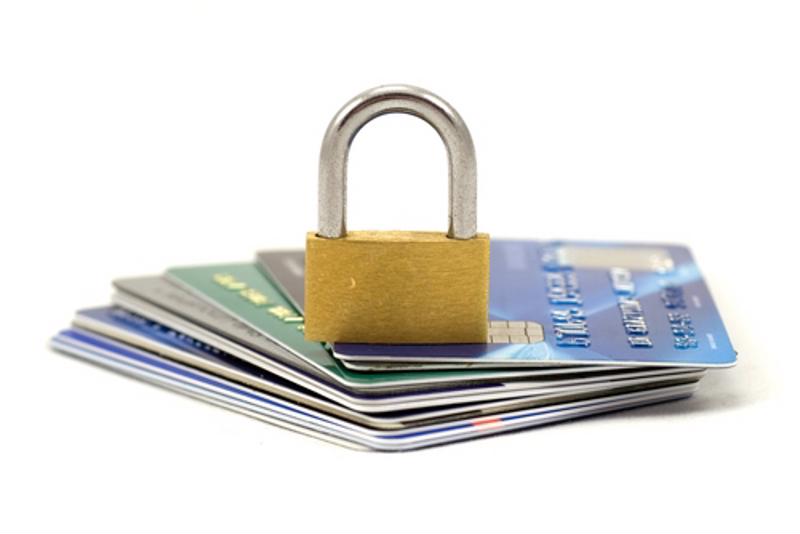Every business must carefully budget its resources to maximize productivity, efficiency and safety. This task can be more or less complicated, depending on the size of the business, the industry involved and a number of other factors, but it's always a necessary step. For data centers, this exercise is crucially important – it can be the difference between serving clients well and losing precious digital assets.
Budgeting for a data center's needs involves all the standard resourcing expected with running a business – paying staff, covering overheads, renting space, and so on. But it also requires investment in sophisticated technology and state-of-the-art security measures. It is in these latter fields where some data centers lose sight of their priorities. First and foremost must come security – without it, none of the other expenditures will make any difference. If a data silo can't protect its clients' assets, it is an unsuccessful data center.
"Without security, none of the other expenditures will make any difference."
But security spending doesn't have to mean pouring money into a funnel and never seeing it again. By pooling necessary funds into the right security systems, like biometric technology, a data center can end up saving money in the long run. Here are three reasons why:
1. Avoid fines that result from failing audits
Biometric access control allows a data center to not only protect server cabinets from unauthorized entry, it also registers when, where and by whom a given area is accessed. That means these organizations can create an indisputable audit trail at any given time. Additionally, biometric security complies with regulatory oversight calling for rigorous access control from organizations like the RSA. Failure to align with these guidelines may also result in fines and wounded reputations – both of which will yield a financial hit.
2. Protect against costly attacks and theft
Above all, these systems protect the user from unwanted intrusions and malicious acts. Data centers are nothing if they can't protect the data they store – they must be fortresses for their clients. Succumbing to hacking or thievery would not only cost these centers a lot of money in repairs, it would also do irreparable damage to the center's value in the eyes of potential customers. In this way, a lack of security has two hits: the one the center feels at the time of the attack, and the one it feels later when the data center can't earn the trust of new clients.

3. Limit unnecessary downtime
If an attack results in a failed network or temporarily interrupted connection, there is more at stake than the potential of compromised account information. Any productivity lost as a result of network tampering can be attributed to a lack of adequate security. Once that happens, the data center will wish it had ponied up for the security system required rather than losing more than it would have spent in the first place.
Biometric access control can be an integral part of a whole-center security solution. While firewalls, sophisticated passwords and other security measures are also important, none of those guarantee access control from the front door to the server cabinet the way biometric technology does.